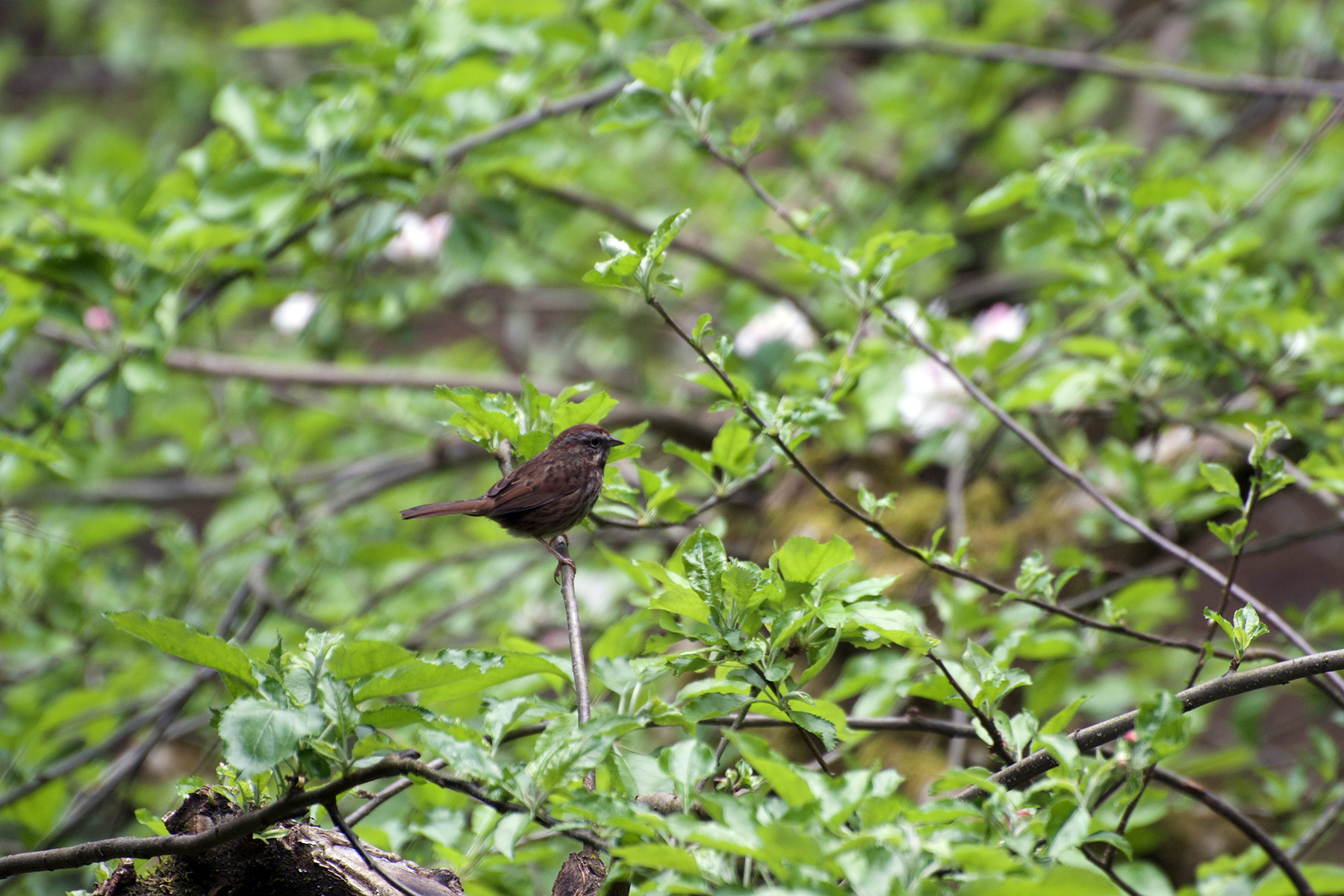Yesterday poet Louise Glück was awarded the 2020 Nobel Prize in Literature. On the positive side, a great decision in favor of poetry over prose, in favor of a woman, in favor of a lifetime accomplishment that impresses with cohesion of topics. A deserved recognition for a woman who overcame numerous, diverse obstacles in her own life, able to make use of the particulars and tying them to the general issues we all are confronting, precisely written up within the framework of her enormous knowledge about and familiarity with the classics, particularly Greek mythology. A poet equally applauded and criticized for her confessional style, and her penchant for dark topics, melancholic tone.

On the other hand, and you knew that would be coming, did we really need a decision in favor of a “safe” candidate, a writer in the realm of the past, with classic, European roots? Are the recurring topics – – betrayal, love, loss and mortality – – what matters most these days, or should we not celebrate someone whose feminism reaches beyond what’s generally seen as a consensus feminism? Someone who forces us to understand the relationship between the political and the personal with inescapable force of language? Where are the heiresses to Audre Lorde or Adrienne Rich, since these writers are no longer with us? Where is acknowledgement for international poets who are not familiars within the White canon?

Glück has won about every literary prize there is. There is no doubt about her deserved standing among the best of contemporary poets. I am more dismayed by the “play it safe” by a Nobel committee which has been riddled with scandals, and perhaps tried to calm a world that is grappling with catastrophic burdens. Here is the reasoning for the prize:…. “for her unmistakable poetic voice that with austere beauty makes individual existence universal.”…. “seeks the universal, and in this she takes inspiration from myths and classical motifs, present in most of her works.”
Individual existence might not be universal, after all, when the color of your skin determines how your life – and death – unfolds.

Here is a NYT interview with her from yesterday after she received the news. I read this after I wrote the blog, happy for the expressed sentiment.
Here is one of my favorite poems of Glück’s, providing a fine assessment of dire reality and simultaneously a forceful invitation to preserve hope.
NEST
A bird was making its nest.
In the dream, I watched it closely:
in my life, I was trying to be
a witness not a theorist.
The place you begin doesn’t determine
the place you end: the bird
took what it found in the yard,
its base materials, nervously
scanning the bare yard in early spring;
in debris by the south wall pushing
a few twigs with its beak.
Image
of loneliness: the small creature
coming up with nothing. Then
dry twigs. Carrying, one by one,
the twigs to the hideout.
Which is all it was then.
It took what there was:
the available material. Spirit
wasn’t enough.
And then it wove like the first Penelope
but toward a different end.
How did it weave? It weaved,
carefully but hopelessly, the few twigs
with any suppleness, any flexibility,
choosing these over the brittle, the recalcitrant.
Early spring, late desolation.
The bird circled the bare yard making
efforts to survive
on what remained to it.
It had its task:
to imagine the future. Steadily flying around,
patiently bearing small twigs to the solitude
of the exposed tree in the steady coldness
of the outside world.
I had nothing to build with.
It was winter: I couldn’t imagine
anything but the past. I couldn’t even
imagine the past, if it came to that.
And I didn’t know how I came here.
Everyone else much further along.
I was back at the beginning
at a time in life we can’t remember beginnings.
The bird
collected twigs in the apple tree, relating
each addition to existing mass.
But when was there suddenly mass?
It took what it found after the others
were finished.
The same materials – why should it matter
to be finished last? The same materials, the same
limited good. Brown twigs,
broken and fallen. And in one,
a length of yellow wool.
Then it was spring and I was inexplicably happy:
I knew where I was: on Broadway with my bag of groceries.
Spring fruit in the stores: first
cherries at Formaggio. Forsythia
beginning.
First I was at peace.
Then I was contented, satisfied.
And then flashes of joy.
And the season changed – for all of us,
of course.
And as I peered out my mind grew sharper.
And I remembered accurately
the sequence of my responses,
my eyes fixed on each thing
from the shelter of the hidden self:
first, I love it.
Then, I can use it.
from Vita Nova by Louise Glück.







Leila Falk
Charlie Patton magnificent. Many thanks.